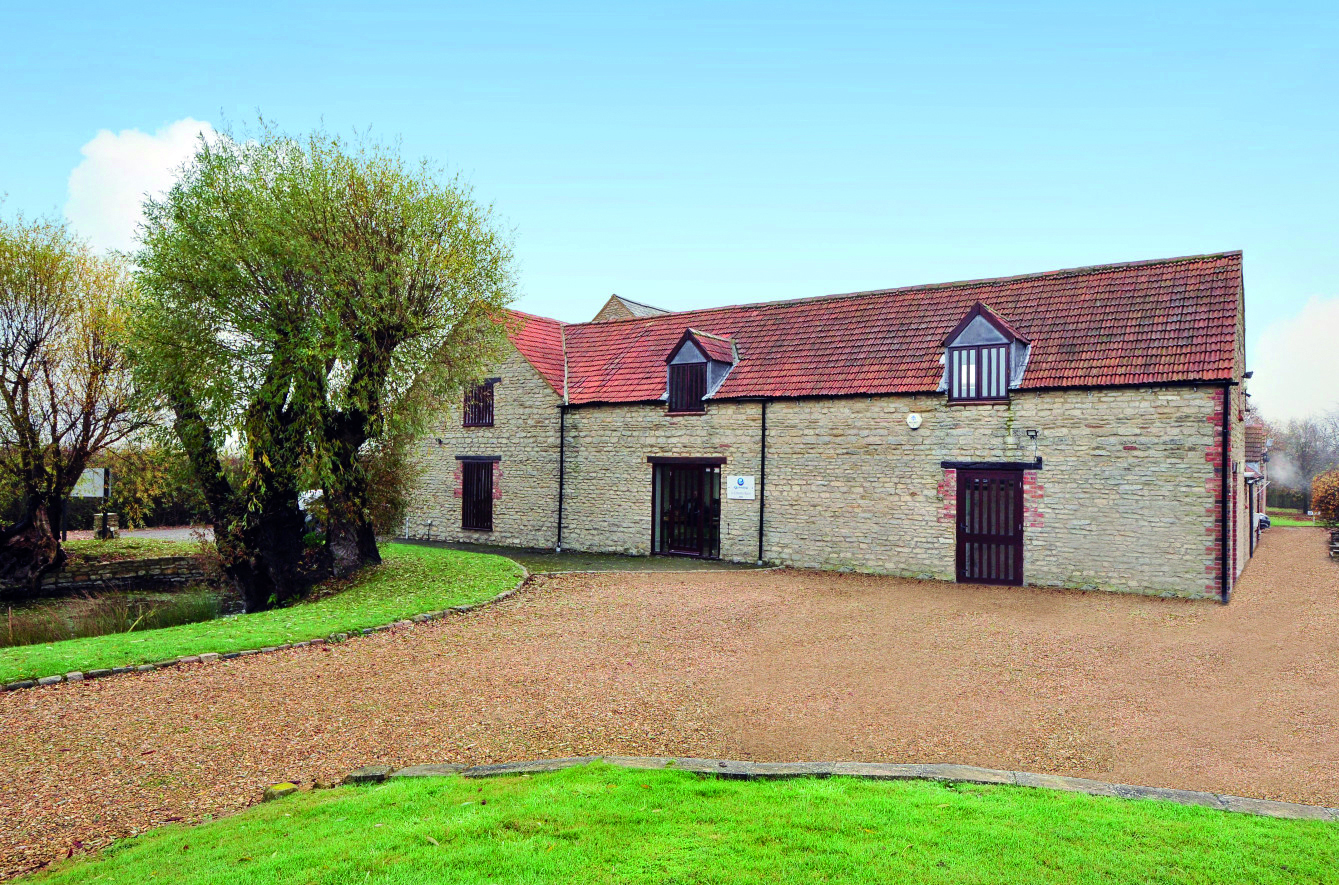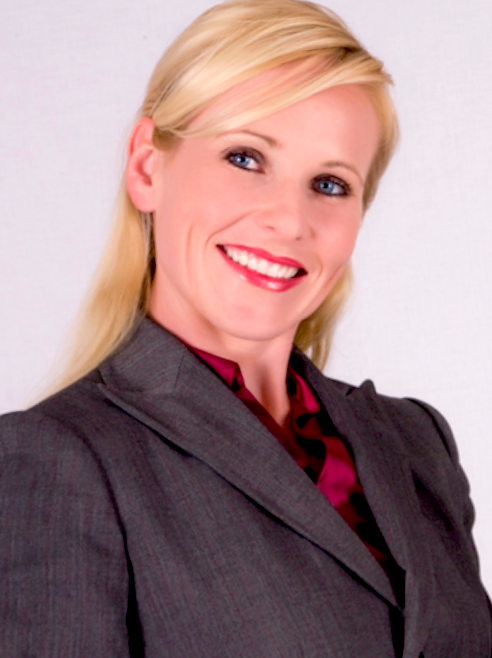Our services.
ABOUT US
Contact us
Our services.
How can we help?
Contact us
Discover our journey in this Q&A with Steve Rowland
By Jane Shortall on 28 July 2021
When we first started out, it was me doing everything; I was doing telesales, delivery, invoicing. But, from day one, I always spoke about ‘we’ and ‘us’. I never thought it would be just me; it wasn’t a lifestyle business. I wanted to grow something – to build something I could have pride in and that would make some kind of difference.
Fast-forward to today and we’ve helped close to 450 clients. We’ve worked with the likes of a FTSE 100 aircraft engine manufacturer, Logitech, Polycom, Lenovo and many more. We’ve helped one of the biggest NHS Trusts migrate, saving them millions of pounds a year, worked with local authorities, many NGOs and have even been selected by a Law Enforcement Body to support them in running procurements across an estimated spend of £400m per annum.
We’re a relatively small business in this field and when you’re in it day by day you don’t necessarily realise what good things you’re doing but, when I look back, it’s definitely a bit of a ‘wow!’ moment. If you had told me 10 years ago that I’d be sitting here talking about some of the projects we’ve been involved in, you would have had to pinch me, but it happens slowly before you realise it.
I’m what you might call a genuine ‘poacher turned gamekeeper’, in that I founded eXceeding in 2011 after 16 years working in outsourcing, on the other side of the fence. I was one of the people sitting on the supplier side, structuring the deals, but I was slowly becoming more and more disappointed in and disenfranchised by some of the practices I encountered – not just supplier side, but in some of the buyers as well.
Outsourcer suppliers would go in and buy contracts, knowing that they would then massively increase costs throughout the term. They would encourage change control and scope creep. You would be working with terms and conditions and SLAs that were written by their lawyers, which were inherently biased and didn’t really protect the client. And clients would fall into the same traps time and time again.
The catalyst was when I was talking to a fourth-generation outsourcer who had previously run three outsourcing contracts, all of which had not been optimal by any extent. They were going to run the fourth procurement exactly the same way – with the same process and the same SLAs – as they had the last three times, and yet expected a different outcome. Clearly, that wasn’t going to happen!
When you think about it, really, the marketplace is inherently flawed. Suppliers hold all the cards; they have all the knowledge and understanding of their services and contracts, and they’re doing deals day-in, day-out. Clients, meanwhile, may not have done this type of procurement for many years, or ever at all.
When I started eXceeding, it was with the vision of bringing suppliers and buyers together, putting in place contracts and relationships based on fair and sustainable outcomes for all parties.
We believe it is important to create win-win relationships – a deal has to work for both supplier and buyer. We’ve all seen sharp salespeople negotiate bad deals for buyers and, likewise, procurement people negotiate to the bone, leaving no room for flexibility in the relationship. We want everyone to come away from the table thinking they gave a little bit but also gained a little bit, so they feel like they got a fair deal.
Sometimes, that means having to tell customers that something they are doing is unreasonable. For example, they may have to have three people bid but, if they know two of them don’t stand a chance, it’s not fair. We need to do something about that without wasting these companies’ time, because it costs tens of thousands for them to bid. You shouldn’t ask them to do that just to tick an internal procurement box.
I still very much ‘do the doing’. I spend my days meeting clients or prospective clients, and discussing specific deals or strategies they’re working on or are interested in working on either with them or with our consultants.
But I also have an eye on the bigger picture. It’s vital to me that I make sure we maintain our understanding of the marketplace so we can continue to serve the ever-evolving needs of our clients, giving them best practice and best value advice, delivered in the most pragmatic way.
We started off focusing on technology outsourcing in the private sector, which is what I had been doing supplier-slide before starting the business but, very quickly, we found clients were asking us to run tenders for other categories for them, so we broadened out. As long as you have the subject matter expertise, running a good process is running a good process.
Mick O’Donnell joined as Head of Commercial nearly five years ago and has massively evolved our service model, go-to-market offering and commercial structures. Mick spent 20 years at EDS and HP post-acquisition and brings with him that real-world experience and gravitas.
The next really big step-change came this year, when Aarun Bains joined us as Head of Delivery. Her experience means she brings with her a whole raft of additional capability and vision. She’s taken us from a largely tactical to a real, in-depth strategic capability in terms of reviewing target operating models, looking at things like modern slavery and supply chain risk. She’s fantastic, and has really brought so much to the team.
Without doubt, our senior team is the best it’s ever been right now. It’s 50% female and 50% male, which is quite different from a lot of the organisations we see around us, but that makes us make better decisions.
All of our people are absolutely capable of rolling their sleeves up and delivering. We don’t work off a manual; we’re not theorists. We’re pragmatists; we get on and do stuff and make a difference, rather than preach about theories and tell clients what they should and shouldn’t do.
I think there is a fear in some organisations that consultants will come in and just tell them what they already know. Whereas, we ask them what they think the problems are, very quickly validate them, and then get stuck into helping to fix them.
In terms of how I’ve changed over the past decade, I decided to move house during a global pandemic, whilst home-schooling, which has been interesting! In the last 10 years, I’ve also had three daughters, so there have definitely been lots of life-changing experiences!
My three daughters keep me busy. The older two are real bookworms – they are always reading – but together they all dictate to me what we’re going to watch on TV and what films we choose – my Disney princess knowledge is up there with the best of them!
We also sponsor Kimbolton Cricket Club, and I’m a long-suffering Cambridge Rugby Club season ticket holder, which comes with its ups and downs!
And over the last 10 years I’ve switched from loving sports bikes to buying environmentally-friendly cars.
We work with all sorts of clients, from small corporates right up to FTSE100 businesses, as well as membership organisations, not-for-profits, charities and the entire public sector. Depending on the client, we might be engaged to provide additional capacity, bandwidth or subject matter expertise, but the benefit clients most often cite is our access to market knowledge and market data.
We know what good looks like. We know what the commercial models could be. We know how the SLAs and service credits should work. In short, we know the art of the possible.
We are all about making sure the deals we structure work for both parties, but we do also hold the suppliers’ feet to the fire and make them accountable by ensuring the right clauses are included in the contract from the outset.
For example, very few suppliers are going to voluntarily offer benchmarking clauses or step-in rights, because they’re not in their favour and, ultimately, their terms and conditions are written for them by their lawyers. But getting these clauses into a contract is absolutely key to protecting buyers and driving the right behaviours in suppliers.
Benchmarking allows you to look at the market mid-contract term, to test if the commercial and service delivery models are still relevant, and to change and improve them throughout the term to make sure the contract continues to represent best value. Meanwhile, step-in rights enable you to remove the contract from the supplier if the agreed service isn’t being delivered.
The future of procurement is going to be about further, deeper – yet appropriate – digitalisation. The challenge for us all will be how we take advantage of new platforms and new business intelligence without building even bigger, more monolithic IT systems. How do we take advantage of cloud applications that are fit for purpose? How do we get the business intelligence dots joined up in a world where technology is probably the most complex it has ever been?
I also think there will continue to be – and rightly so – a big push on eradicating modern slavery, on ethics, equality and social value. It’s happening already. Five years ago, people were paying lip service to these topics but now things have really started to shift, and I think that will continue. Hopefully, we will get to the stage where no one even asks about the likes of equality, because inequality can’t exist anymore – it’s just a given that everything is equal.
We’re really excited about what the future holds for us. We’ve just partnered with a company called Constellia to deliver a Neutral Vendor Framework, which we know is going to be disruptive in public sector procurement. It’s a big shift for us, as it’s taking us from a consultancy project business and starting the process of transitioning eXceeding into an annuity revenue business that will see us develop much deeper and longer-lasting strategic relationships with our clients. It also fits in with our mission to do good, as it gives public sector buyers access to a greater choice of suppliers, greater flexibility of support and increased opportunities for innovation, as well as allows them to benefit from our best practice procurement consultancy services at no cost to them. From the supplier point of view, being on the framework enables them to bid on opportunities that would not otherwise be available to them, knowing they have a genuine chance of winning each time they bid, and at no additional cost to bid. Again, it’s another win-win all round.
In the immediate future, there will of course be the post-pandemic requirement to determine how we work as a team going forwards. Like other businesses in the next few months, we will need to look at how we get the best out of hybrid working. When is it right to be in the office, and when is it right to not be in the office? When we do come together, what should we be doing as a collective? Is it just about bonding the team, about mental health and checking in on each other, or is it doing strategy stuff together?
Prior to the pandemic, I would go into London five or six times a month. I would spend days in my car driving. I’ve not done that for 18 months, and I don’t want us to go all the way back to where we were – I don’t want us sitting at desks doing Teams calls with one another – but I do think we need to establish a balance. How we get that right will be a key focus in the coming weeks and months.
What is interesting about hybrid working is that it gives us access to a whole new location of talent if people will not have to be in the office all of the time, but we need to work out how we manage that and how we get the best out of it.


Jane has over 15 years’ experience of working in B2B sales and marketing. She oversees the sales strategy for eXceeding, but also directly engages with our clients, to understand their challenges and translate them into a tailored service offer to meet their specific needs.
Be the first to receive regular updates and best practice insights from our bidding experts.
Sometimes it’s easier to discuss your requirements directly. Contact one of our expert bid consultants now.

Comments
This post has no comments yet...